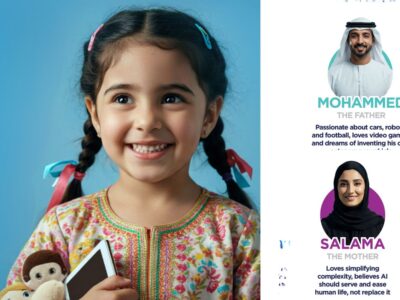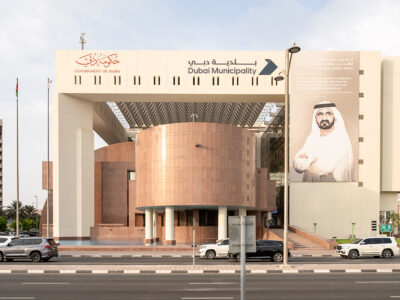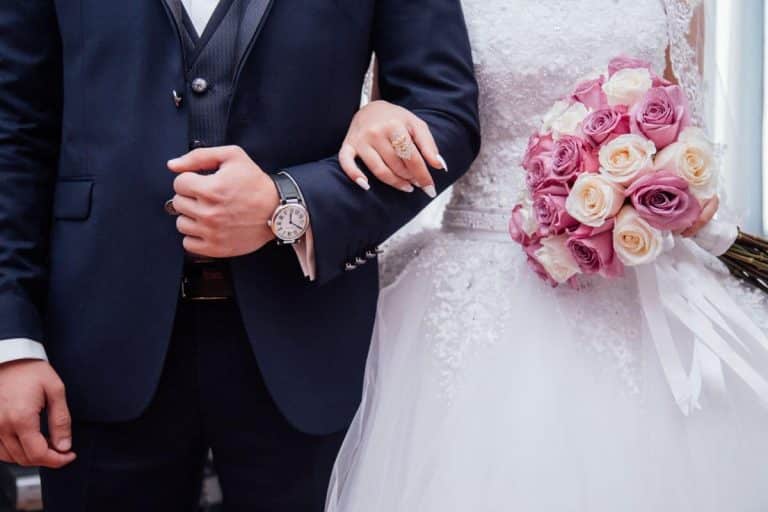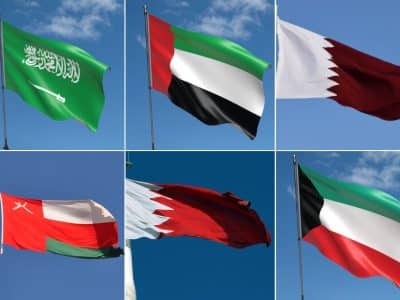Over 10,000 couples have tied the knot at Abu Dhabi’s civil marriage court since December 21, marking a significant milestone in the evolution of marriage practices in the region.
The Abu Dhabi civil marriage court allows couples to marry and divorce outside of the traditional Sharia process.
The court witnessed 5,000 marriages in its first year alone, and its popularity continues to soar as it receives an average of 40 to 60 applications per day.
Read More on the Topic:
- Dubai to allow Las Vegas-style express weddings: Report
- UAE babies born to unmarried mothers now entitled to birth certificate: How to apply
- UAE non-Muslim family law comes into effect today
Last month, 1,400 civil marriages were registered, underscoring the increasing demand for this alternative method of formalising unions.
Applying for a civil marriage at the Abu Dhabi Civil Family Court is a straightforward process.
Couples can submit their applications online for a fee of AED300 ($81) and expect to be married within a few weeks.
In a bid to cater to those seeking expedited services, the Abu Dhabi Judicial Department introduced an express service in August, enabling couples to get married within 24 hours of their application by paying AED2,500.
Notably, the court is open to both residents and tourists, including Muslims, although Emiratis are restricted from availing themselves of its services.
To proceed with the marriage, couples must present their passport and Emirates ID if they are UAE residents.
Additionally, individuals who have been previously married need to provide proof that their previous marriage has been legally dissolved.
For those wishing to include a marriage or prenuptial agreement, the court accepts submissions alongside the civil marriage application.
However, a fee of AED950 is required for the notarisation of the agreement.
Abu Dhabi Court: A global hub for efficient civil marriages
The whole of the civil marriage ceremony is concise, lasting approximately 15 minutes.
The Abu Dhabi Judicial Department revealed that individuals from 150 nationalities have taken advantage of the court’s services.
The most prominent nationalities among the couples are from the Philippines and India, followed closely by the UK, Pakistan, Egypt, the US, Russia, Morocco, and Lebanon.
The court celebrated its first marriage involving an Israeli couple in September, showing the diverse range of unions enabled by the court.







